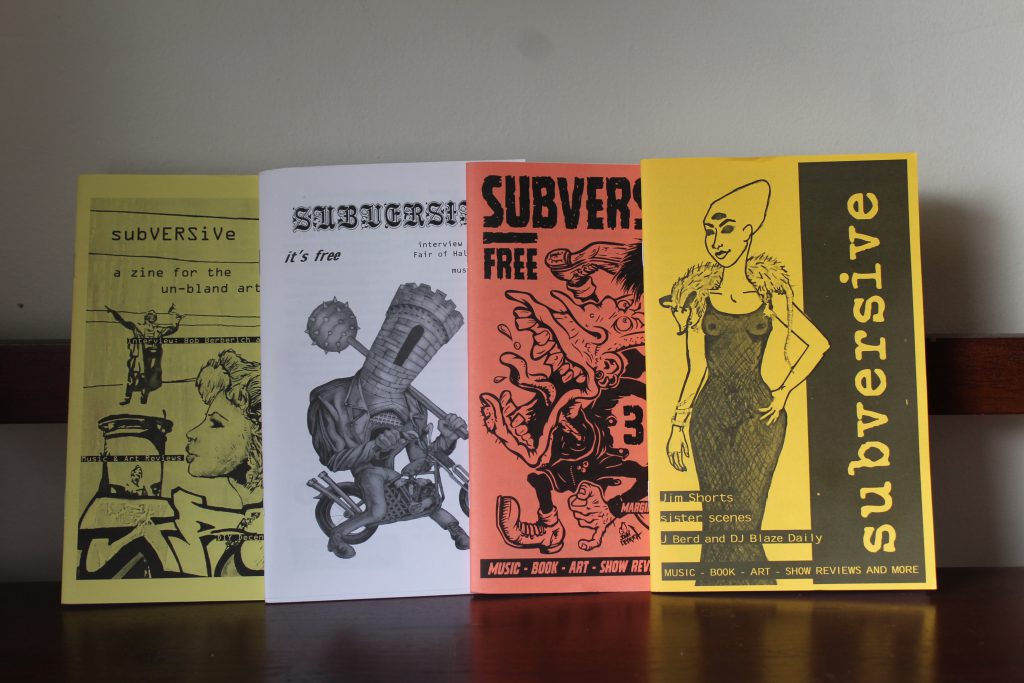

Before making any decision or accepting any legal advice, you should have a proper legal consultation with a licensed attorney with whom you have an attorney-client privilege.
#Subvert authority professional#
It is not a substitute for professional legal assistance. All information available on our site is available on an "AS-IS" basis. It is possible that the law may not apply to you and may have changed from the time a post was made. The law is also subject to change from time to time and legal statutes and regulations vary between states. The people providing legal help and who respond are volunteers who may not be lawyers, legal professionals or have any legal training or experience. When you submit a question or make a comment on our site or in our law forum, you clearly imply that you are interested in receiving answers, opinions and responses from other people. Secondly, I argue that both public and social media places used by activists to plan and orchestrate the revolution are now utilized to commemorate dead and jailed revolutionaries.Legal Disclaimer: The content appearing on our website is for general information purposes only. I argue that the spaces in downtown Cairo connected to the revolution are being appropriated by both the government and activists often resulting in contested narratives about the revolution and broader notions of citizenship. First, I present a conceptual discussion of the connection between resistance and memory in physical and virtual places of resistance. This is unacceptable to the 1.4 billion Chinese people. I present this argument in two main sections. Their definition of rules, status quo and stability is in fact aimed to hollow out the one-China principle, achieve peaceful division of China, and ultimately tamper with the history of WWII, subvert the post-war order, and trample on China’s sovereignty. In the current restrictive political environment, respondents are concerned with contesting government narratives and reclaiming spaces for resistance.

Additionally, I conducted discourse analysis of interviews and social media content. To answer the research question I interviewed protesters who participated in the 25 January Revolution in downtown Cairo. This thesis examines how Egyptian activists use, experience, and construct physical and virtual spaces in their activism. Many are motivated by the true sense of this word, to undermine established authorities, tendencies, or institutions that they do not, or feel they cannot, support.

The idea of subversion is on the rise in many popular culture sources today. Egyptian television portrayals of the revolution contribute to the politicization of an important grassroots movement, the piety movement, and have consequently shaped women’s roles in the political and social landscape. Subvert to undermine the power and authority of (an established system or institution). In times of political upheaval, women’s voices become sidelined and their bodies become political battlegrounds. While women have played a key role in the struggle for political legitimacy in Egypt, coverage of their involvement has been problematic. This has been a common trend under multiple governments since 2011-the transitional military government, the Mohammed Morsi administration, and currently, the Abdel Fattah al-Sisi administration. One probable reason for this shift is the military and state interest in portraying civil disobedience as a threat to national security, possibly to obscure responsibility for tragedies, to prevent popular reactions against unpopular decisions on the part of the regime, and to delegitimize the opposition. While international and Egyptian television media focused on dramatic images of protestors in the early days of the 2011 mass uprisings (“the revolution”), the focus shifted noticeably in the ensuing four years away from unity of the opposition toward the fragmentation and demonization of the opposition.


 0 kommentar(er)
0 kommentar(er)
